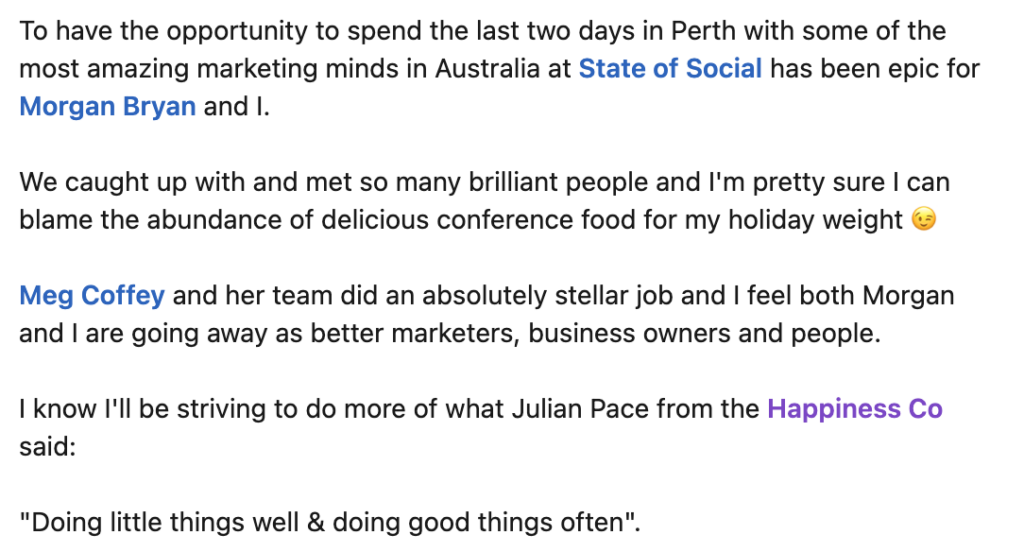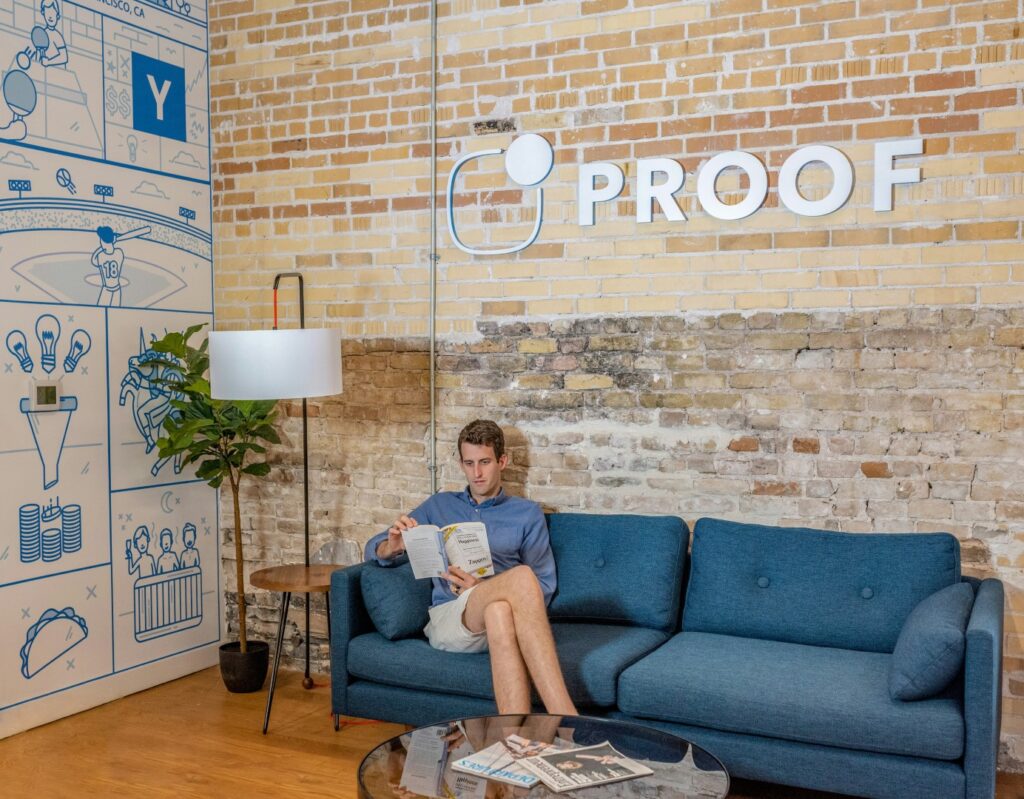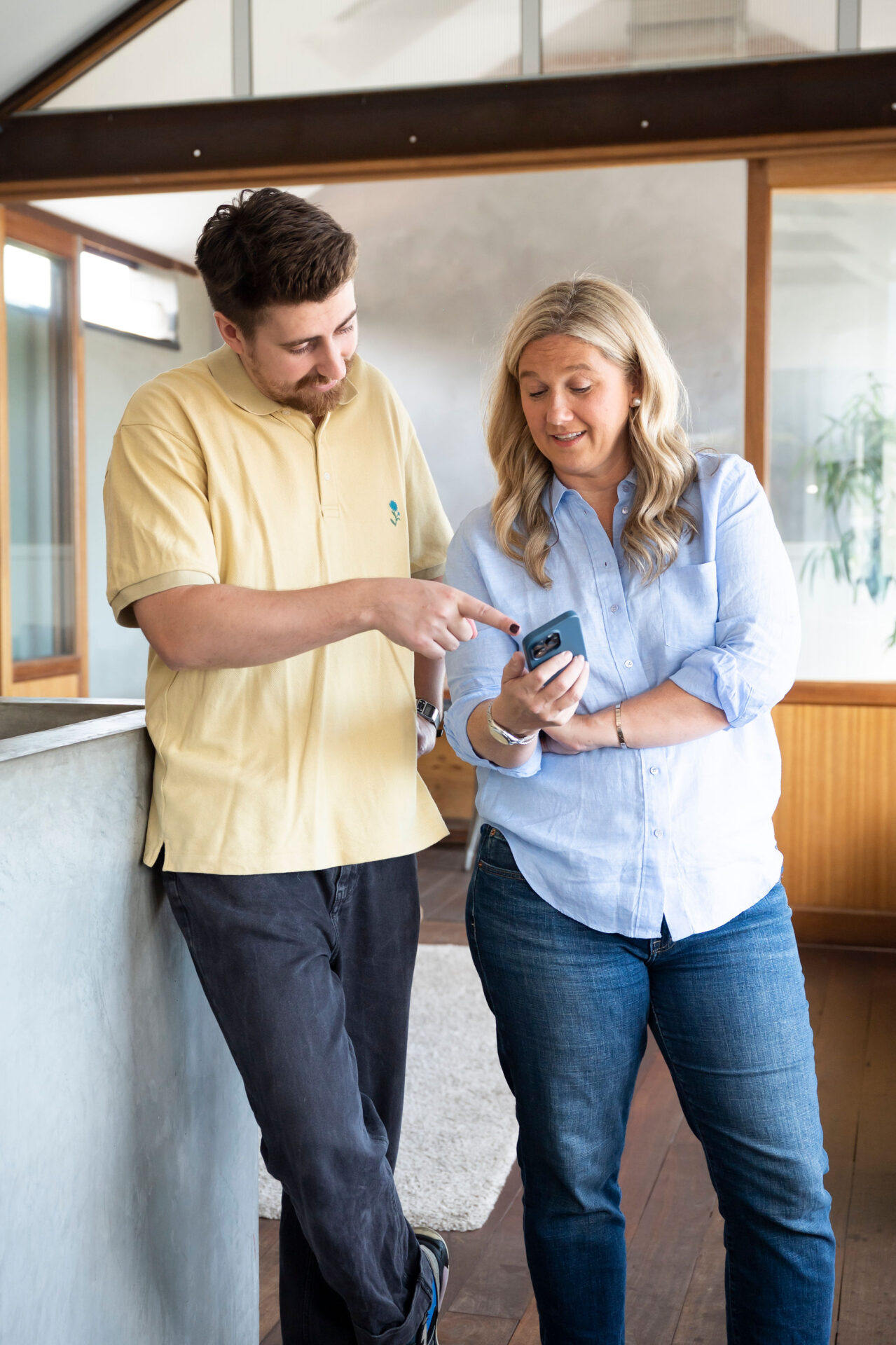If you work in marketing, you’ve likely heard of the term ‘social proof’. But what does it mean exactly? Let’s find out.
What is social proof?
In a broad context, social proof is the idea that people will copy the actions and behaviours of others if the situation calls for it.
For example, if it is your first day of university and you are unsure of the protocol during your lectures, you will likely copy what the other students are doing to fit in. If you see everyone take out their laptops to take notes, you’ll do the same.
In marketing, social proof refers to consumers looking to others for reviews, recommendations, or other signals that the product or service is worthy before purchasing. A good example of this is a potential customer searching for online reviews before buying a product.
Why do businesses need social proof?
Social proof is a powerful marketing tool and helps your business boost sales. Why?
A study by Nielsen says that 92% of consumers surveyed trust recommendations from friends and family over any other type of advertising.
Another study by Brand Rated says nine out of ten consumers read online reviews before purchasing a product, and more than half of them would happily pay more for a product with positive reviews.
If you need further convincing, the 2023 Sprout Social Index Report found that 83% of consumers will recommend a brand they like and follow on social media to others.
In a nutshell, social proof is a means of word-of-mouth marketing, and consumers trust this type of marketing far more than traditional advertising. Consumers will trust the judgement of their peers and friends over what a brand says.
Where do I find social proof?
Here are a few examples of social proof and where to find it.
Reviews and testimonials
Your business likely has a backlog of positive reviews and testimonials on your feedback channels, social media or website ready to share. Just remember to preserve consumers’ privacy and not share too much personal information about them without their consent.

Awards and credentials
Share the news if you’ve been nominated for an award or, better yet, take home a win! It’s also worth sharing certificates and credentials. For example, you may be certified in accessibility, diversity or inclusion.

User-generated content
If a customer shares a photo of your product or service, you can foster social proof by sharing this content on your social media channels.

Influencer endorsements
Like user-generated content, this involves a public figure or influencer sharing your businesses on their social media channels. For example, you could organise a local food influencer to visit your cafe and share their delicious meal on their Instagram.
Mentions of your business in the media
Has a media outlet mentioned your business? Perhaps you’ve landed on a listicle about the best local cafes in your area. Share the good word!
Ready to implement social proof into your social media strategy?
Now you have the lowdown on what social proof is, it’s time to implement it into your social media strategy.


